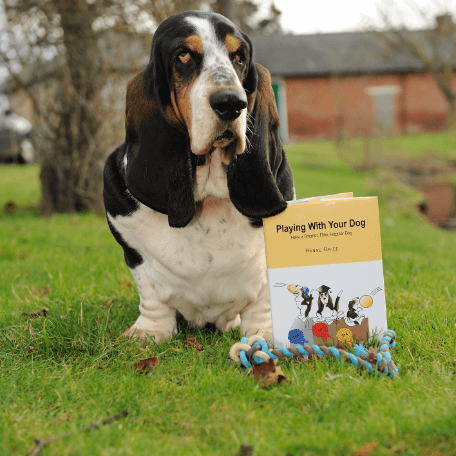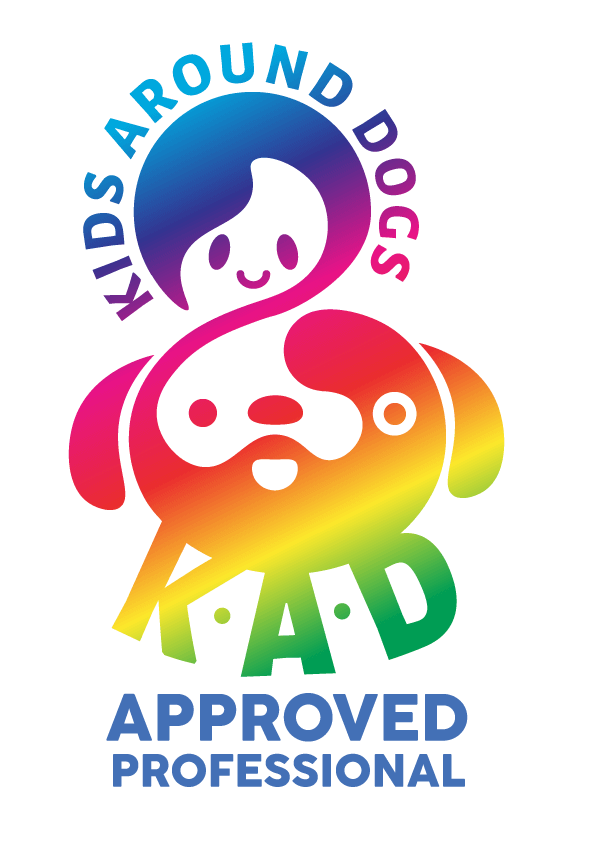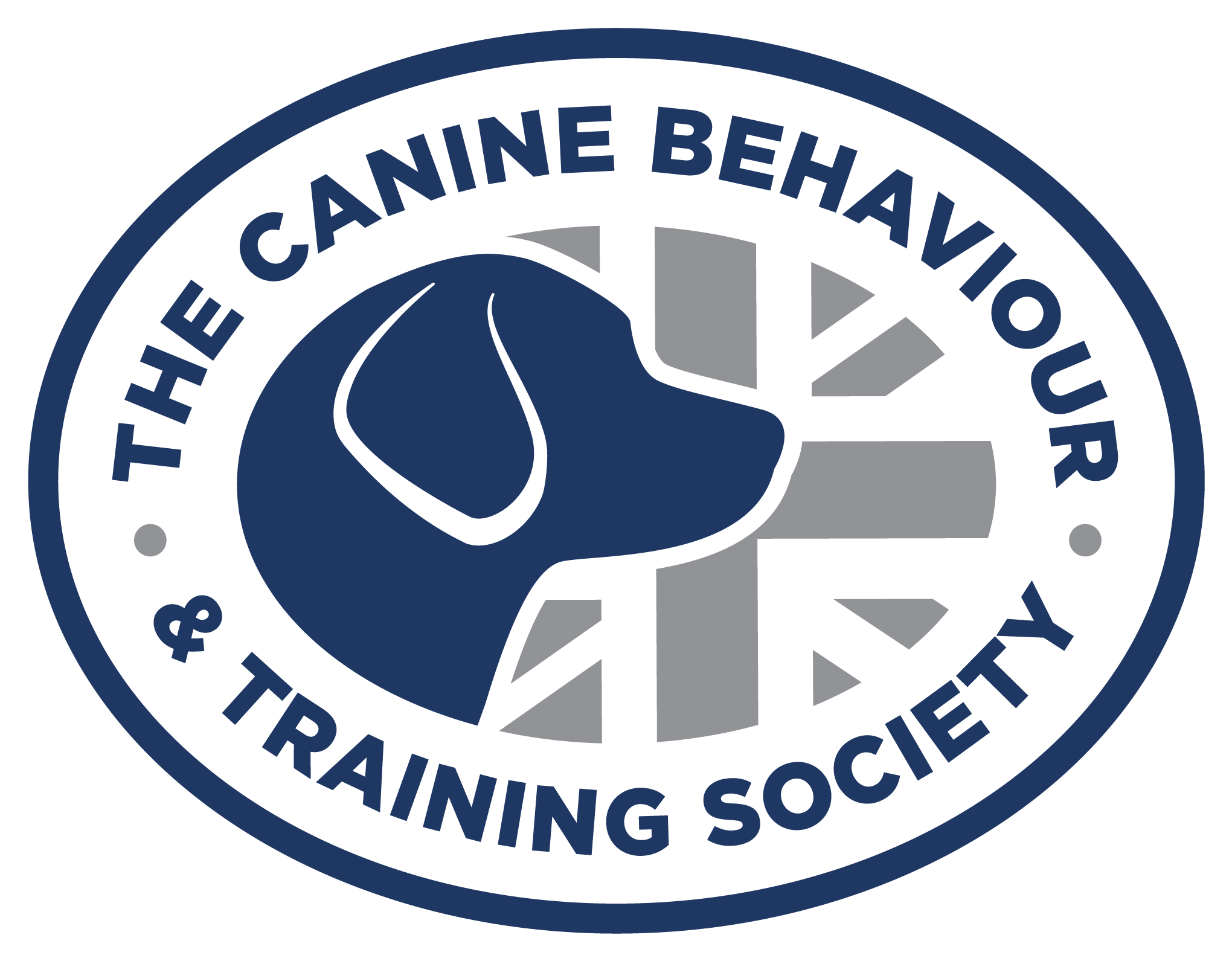As many pet owners will agree, our four-legged friends play a major role in our lives. Recent studies have focused on the social relationship between dogs and children with autism, and how living with a dog can benefit those with special needs. However, a new study conducted by the University of Missouri-Columbia has proved that children with autism who live with any pet have stronger social skills.
The study involved 70 families who had children with autism between the ages of 8 years and 18 years. Almost 70 percent of the families that participated had dogs; half of the families had cats, while others owned fish, farm animals, rodents, rabbits, reptiles, a bird and a spider!
Gretchen Carlisle, a research fellow at the Research Centre for Human-Animal Interaction (ReCHAI) in the MU College of Veterinary Medicine said: “When I compared the social skills of children with autism who lived with dogs to those who did not, the children with dogs appeared to have greater social skills.”
When Carlisle analysed the data in this latest study, it revealed that children living with any kind of pet in the home were more likely to engage in behaviours that included; introducing themselves, asking for information or responding to other people’s questions. Children with autism usually find these sorts of social interactions difficult, yet the study demonstrated that children’s assertiveness was greater if they lived with a pet.
Carlisle believes that pets often serve as “social lubricants”, citing examples of when pets are present in social settings or a classroom, children talk and engage more with one another. “This effect also seems to apply to children with autism and could account for their increased assertiveness when the children are living in a home with pets”, Carlisle said. “When children with disabilities take their service dogs out in public, other kids stop and engage. Kids with autism don’t always readily engage with others, but if there’s a pet in the home that the child is bonded with and a visitor starts asking about the pet, the child may be more likely to respond.”
The study also found children’s social skills increased the longer a family had owned a dog, yet older children rated their relationships with their dogs as weaker.
And it seems size matters too. The study showed that children had the strongest attachments to smaller dogs, and the evidence suggests that other small animals such as rabbits and cats could also benefit children with autism.
“Dogs are good for some kids with autism but might not be the best option for every child,” said Carlisle. “Kids with autism are highly individual and unique…other animals may provide just as much benefit as dogs.”
This study will no doubt be welcome news to parents who may have previously thought their options were limited – as the research proves that any type of pet can help build greater social skills for a child with autism.
Learn more about our classes

Get Hanne's Book
Playing With Your Dog will help any dog owner work out the games that are best suited for their pet to play throughout his life, from puppyhood to old age. The book also shares some tricks for all ages, group activities, and recommended toys that dogs will enjoy.
























